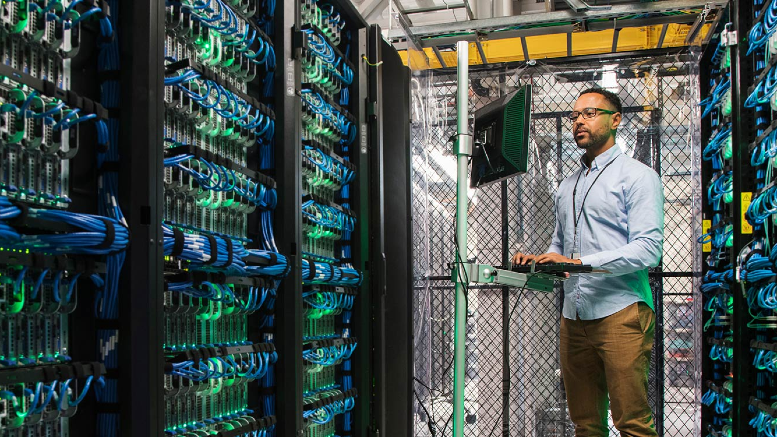IEEE publishes Unisys research on quantum-enhanced cybersecurity dataset balancing
septembre 3, 2025
When cybersecurity systems miss real threats, the problem often starts with the data. Attack patterns hide in massive datasets where normal network activity outnumbers malicious behavior by ratios exceeding 1000:1. This severe imbalance causes AI systems to optimize for what they see most—normal traffic—while overlooking the critical threats organizations need to catch.
Unisys' NextGen Computing Research Group tackled this fundamental challenge head-on, seeking to develop quantum-enhanced solutions that generate realistic synthetic attack data to balance training datasets. The team's research, "Implementing Large Quantum Boltzmann Machines as Generative AI Models for Dataset Balancing," has been published by IEEE following rigorous peer review.
The research centers on Quantum Restricted Boltzmann Machines (QRBMs), which leverage quantum mechanics principles like superposition and entanglement to explore high-dimensional data spaces more effectively than classical methods. By learning from real attack patterns, the quantum system generates high-quality synthetic attack samples that enable organizations to train superior cybersecurity defenses.
Measurable impact on threat detection
The research team—led by Salvatore Sinno, Markus Bertl, Arati Sahoo, and Bhavika Bhalgamiya—achieved remarkable results using D-Wave's Pegasus quantum architecture:
- Speed and scale: The largest QRBM configuration deployed to date generated 1.6 million synthetic attack samples in just 0.33 seconds.
- Superior accuracy: Machine learning classifiers trained on quantum-balanced datasets achieved precision levels up to 96.18%, consistently outperforming traditional balancing techniques like SMOTE and RandomOverSampler.
- Real-world readiness: The quantum approach integrates seamlessly with existing security infrastructure without requiring fundamental architecture changes, making implementation practical across multiple sectors.
- Future-ready: As quantum computing capabilities continue advancing, this approach offers scalability potential that grows with the technology.
Why this matters for cybersecurity
Traditional dataset balancing methods create redundant data that increases overfitting risks while failing to capture complex attack patterns. Unisys' quantum approach generates truly diverse synthetic samples that preserve the statistical properties of real attacks, enabling security systems to recognize threats they've never encountered before.
The implications extend beyond cybersecurity to any field dealing with imbalanced datasets—from fraud detection to medical diagnosis—where missing rare but critical events can have serious consequences.
IEEE's rigorous peer-review process ensures published research meets the highest standards of scientific merit and innovation. This recognition positions Unisys at the intersection of quantum computing and enterprise security, demonstrating our commitment to solving real-world challenges with quantum innovation.
Ready to explore how quantum computing innovation can transform your data challenges? Connect with Unisys' quantum computing experts to discuss developing a customized breakthrough solution for your organization based on our latest research.
Read the full research paper.


















